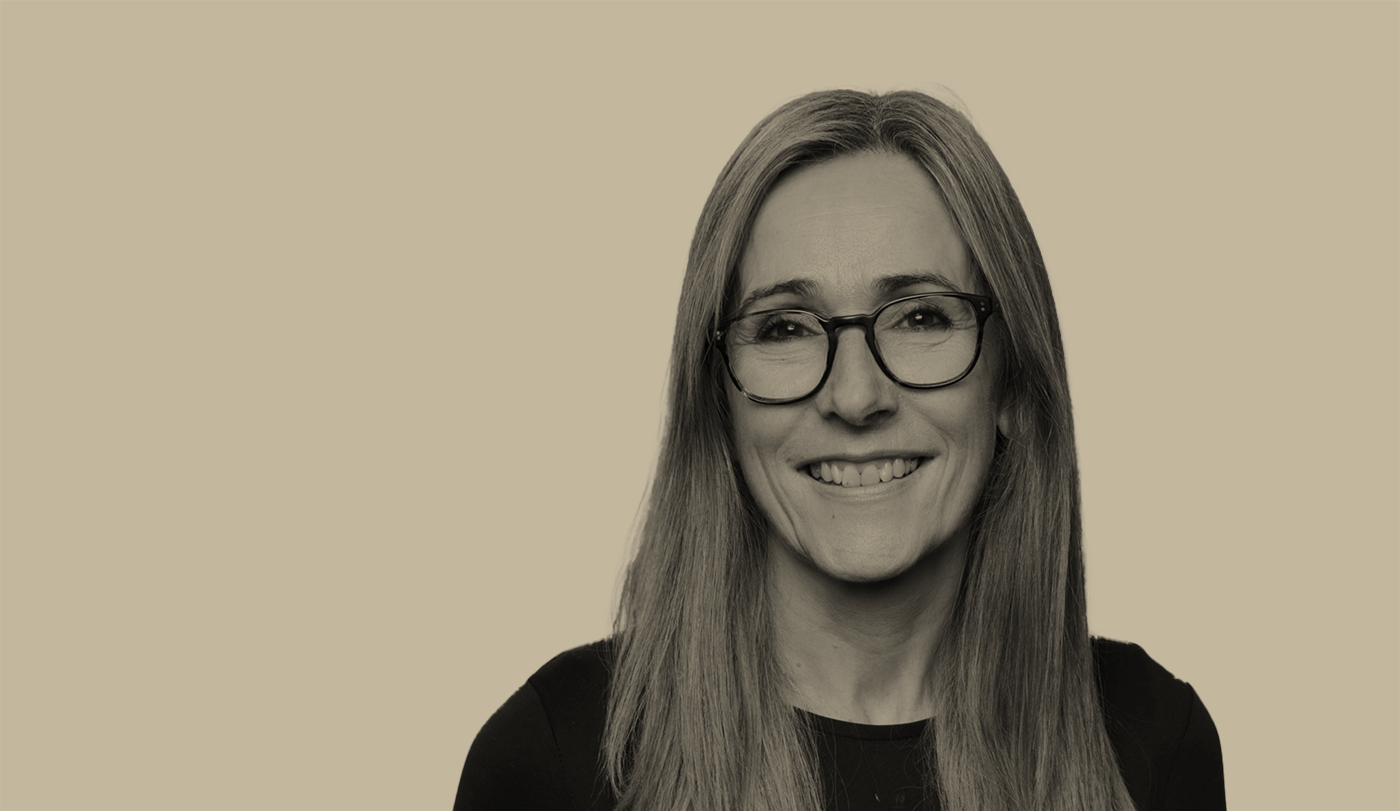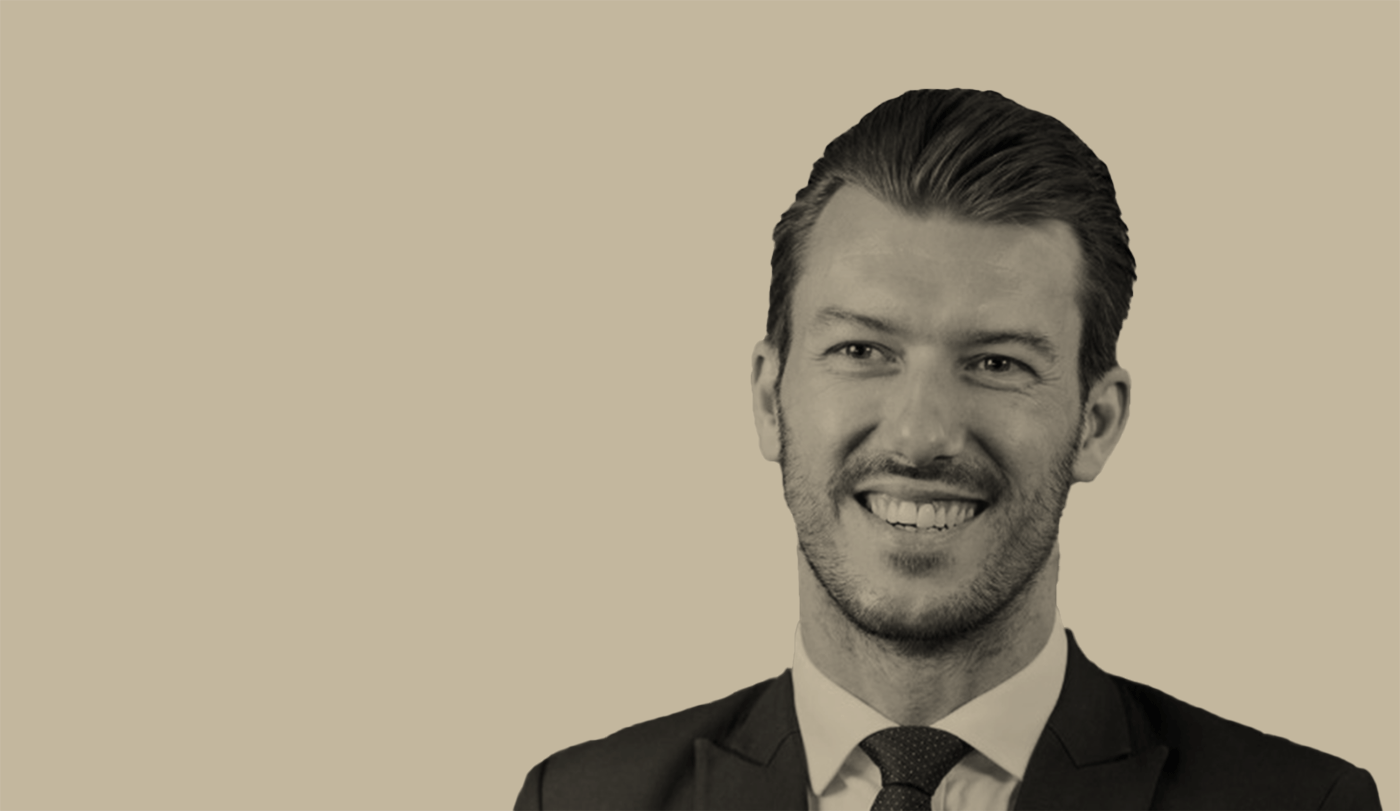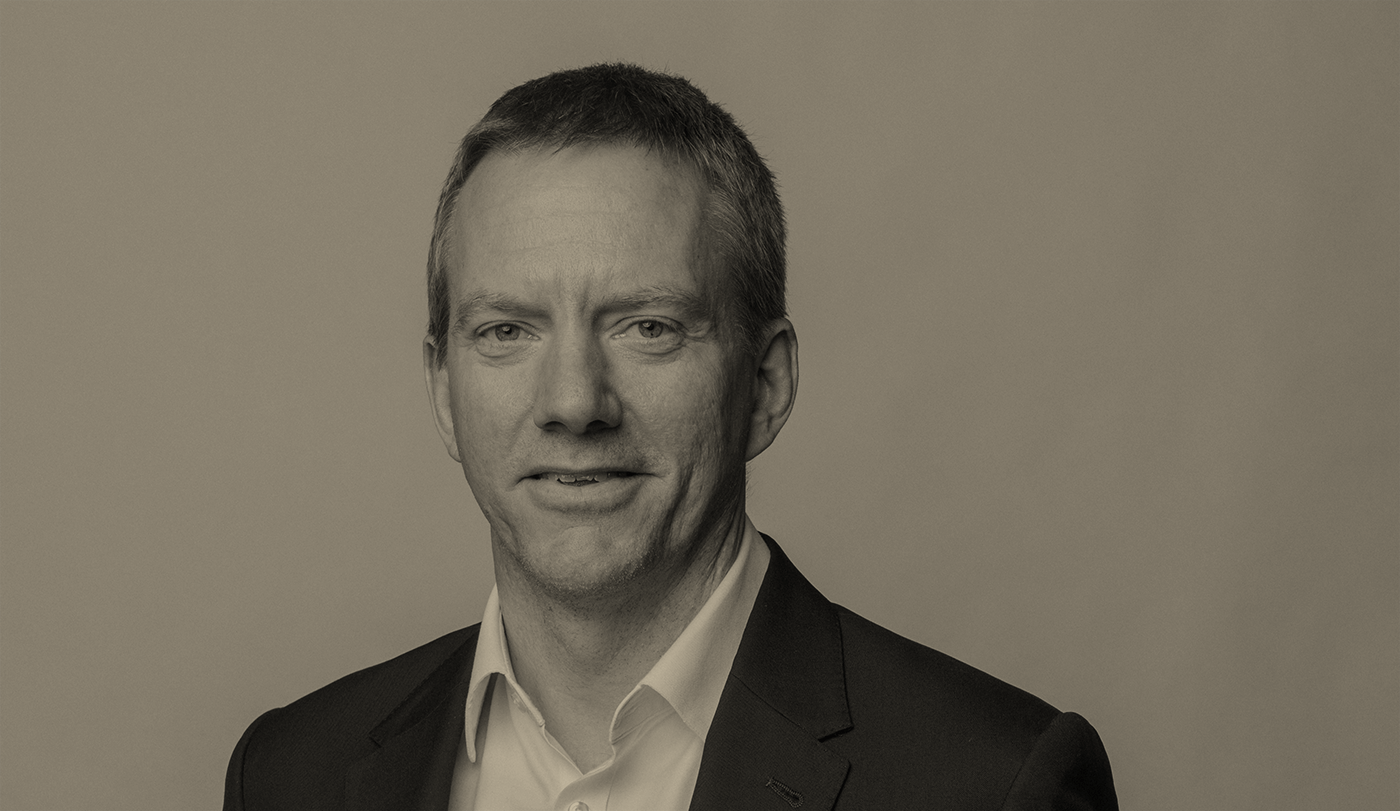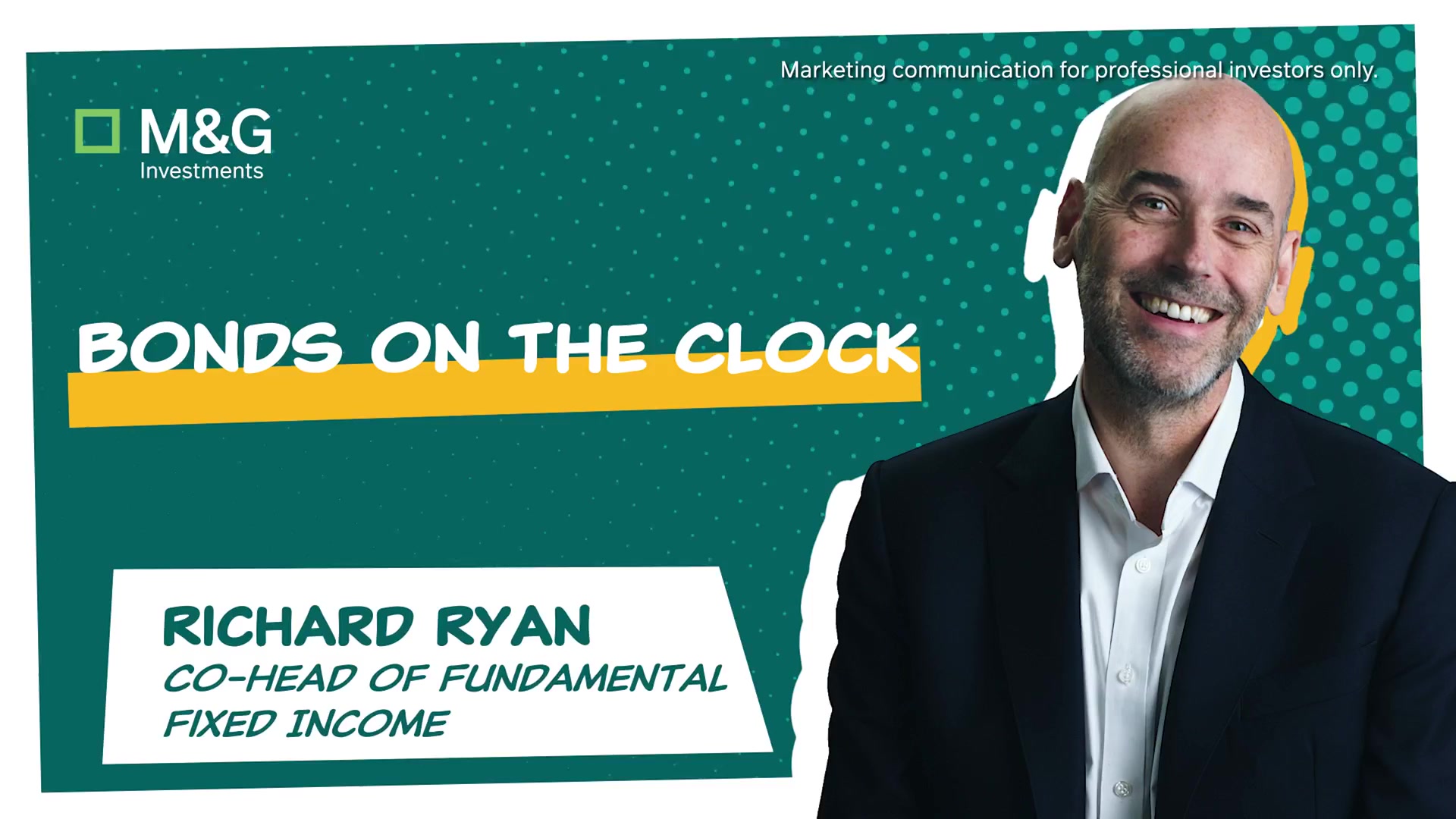Tyndall Investment Management head of distribution – funds Theresa Russell on boutique culture, high-conviction investing and missing Ayrton Senna’s birthday
Where – and why – are you anticipating demand or fund-flows from UK-based wealth managers and their clients over the next 12 months?
If the monthly sales figures for retail funds in the UK can be taken as a barometer for demand, equity-focused strategies have been out of favour for some time. Net equity outflows stood at £2.6bn in September, £2bn in August and £1.8bn in July, according to the Investment Association, which paints a depressing picture for any investment firm focused on equities.
Of course, these figures are retrospective and investor sentiment can change rapidly as the macroeconomic backdrop evolves. And there have certainly been no shortage of market events over the past 12 months that might have led fund selectors to review their asset allocation.
Rather than trying to second-guess where future demand might lie, we focus on demonstrating how Tyndall’s disciplined, high-conviction and highly active approach to fund management can bring significant benefits to portfolios. We are clear about where our strengths lie, offering a range of equity strategies covering core sectors – UK equity income, US, global and now Europe – and the managers running these funds apply their own tried and tested processes to capture opportunities and deliver returns over the long term.
Europe has been something of an outlier in terms of fund flows, having seen net inflows every month since February – bar August. Two highly regarded European equity managers, Mike Clements and Pras Jeyanandhan, joined Tyndall in May and our conversations with clients to date lead us to feel optimistic that we will be able to capture some of this demand.
Closer to home, it is no secret the UK is unloved but we believe a change in sentiment is inevitable. Political rhetoric about improvements to regulation and encouraging economic growth in the UK, coupled with discounted valuations and compelling yields, lead us to feel optimistic this change in sentiment is not far off. Catalysts for a turnaround in investor appetite are typically identified in hindsight but we believe a resurgence in demand for UK equities is a matter of ‘when’, rather than ‘if’.
How are you planning to address and serve that interest?
We have a strong focus on high-touch client engagement and spend a considerable amount of time communicating with investors. As a boutique firm with high conviction and considerably differentiated investment philosophies and processes, we continue to discuss the merits of considering alternative funds to the larger more generic funds. Ensuring our messaging remains clear and consistent is always a priority throughout our communications.
Are you seeing a divergence in the demands of UK wealth managers versus, for example, their peers in Europe or on the institutional side in the UK?
UK wealth managers constitute Tyndall’s core market and we have never courted fund buyers in continental Europe or institutional investors. Our knowledge of buying trends among these client types is therefore limited. There has, however, been a significant sea change in the UK, which has impacted the kinds of strategies some of the dominant players in the market will invest in. There has been a wave of consolidation as businesses buy their competitors to increase their share of market.
As their assets under management increase, the range of funds they can allocate to diminishes, leading them to prefer larger funds or passive vehicles where liquidity is not an issue. This has also led to a greater reliance on buy-lists and centralised investment propositions, which further channel fund flows into a concentrated number of names.
We understand that, due to these market dynamics, there are some wealth managers who will never be able to invest in our funds, regardless of how compelling we believe them to be. Our distribution model, therefore, reflects the type of clients available to us. Having a clear understanding of this very important section of the market and their specific requirements enables us to engage with them in meaningful way.
As a business, how do you define ‘alternative’ and ‘private’ assets and to what extent should asset managers be looking to service investor demand here?
As fund buyers have sought to enhance portfolio diversification and smooth returns during volatile market conditions, interest in what could be loosely termed ‘alternatives’ has doubtless grown. The launch of LTAFs with their promise of access to private markets demonstrates a desire to service this demand for alternative asset classes.
Nonetheless, we believe traditional asset classes, such as long-only equities and fixed income, will continue to fulfil the role of core portfolio holdings. While fund groups will always seek to supply product where they see demand, our focus remains on high-conviction, active strategies that have demonstrated their value in delivering strong returns over the long term.
‘ESG is dead – long live ESG 2.0’ – your thoughts as a distributor, please?
For some wealth managers, sustainable investment propositions are important in helping their clients align their desire to make a positive impact on society and the environment with their need for financial returns. While much has been written about the wider demand for such strategies in the face of a challenging period for performance, we acknowledge they will continue to be an important consideration for certain asset allocators.
Within Tyndall’s funds business, however, we remain on the sidelines of this discussion. Explicit ESG considerations and sustainability do not form part of our managers’ core focus or processes. They go to great lengths to understand the drivers of a company’s returns, and robust governance is of course part of their analysis, but we have not adopted ESG as a central tenet of our investment philosophies, nor have we detected any demand from our clients to do so.
What drives your approach to client communication? And is there a case for focusing on attracting the ‘right’ type of client?
As an investment boutique, it is essential we identify the right type of client. With lower assets under management than many of our peers, we understand we will not make the buy-lists of firms that can only consider strategies above a certain size. It is much more constructive for us to focus on clients for whom this is not an issue and who actively seek funds with a different profile from more standardised ‘go-to’ options.
Once we have identified potential investors, we invest considerable time in understanding their specific needs while explaining the distinct approaches of our fund managers in a way that is clear and evidenced. We also go to great lengths to explain how our funds fit alongside their peers, the role they can play within a portfolio and the sorts of markets when they will perform strongly and when they will lag their respective sectors. While this requires patience, it creates a much stronger relationship with our clients once invested.
Given many of our potential clients are frequently time-poor, we have to think of creative ways of making meetings with our fund managers more compelling – for example, we work with other like-minded investment boutiques to host more intimate forums showcasing a range of differing yet complementary strategies. The feedback from these events is overwhelmingly positive and our guests repeatedly tell us they are a very constructive use of their time.
We believe, however, our boutique culture offers distinct benefits. We offer wealth managers direct access to our fund managers, for example – something that is simply not possible at large fund groups. This access emphasises the accountability of our managers, who have total and direct responsibility for their funds.
Outside of work, what is the strangest thing you have ever seen or done?
I am an F1 fan – my hero being the late Ayrton Senna. In 1994, during F1 tyre-testing at Silverstone, I was fortunate enough to meet him, get his signature and have some photos taken with him. For me, it was an extraordinary moment, and, in my excitement, I decided to let Ayrton know we shared the same birthday – in March – and so I wished him happy birthday. This would have been fine but we were in June! However, he did smile …
May we have two book recommendations, please – ideally, one with an investment connection?
The investment one is Edward Chancellor’s Devil Take the Hindmost, a history of financial manias over the years. While quite heavy-going, it is an interesting read – covering bubbles from the Tulip Crisis in the 1600s to railroads. Human psychology is depressingly always the same with fear and greed sowing the seeds of their own demise.
My other recommendation is The Let Them Theory by Mel Robbins, which focuses on people’s behaviour; and how to achieve positive outcomes, irrespective of the context of any given situation, and how to stay grounded.
Gazing into your crystal ball, what does the asset management sector look like 10 years from now?
Continued market polarisation is likely, with very large asset managers at one end of the spectrum and focused boutiques at the other. Increasingly we will see ‘mega-managers’ focused on low-cost beta returns and it will be left to a new generation of boutiques to focus on alpha generation.
Both fulfil different roles within the investment landscape, but that landscape is evolving rapidly. Take cryptocurrency as an example – 10 years ago, it was viewed by most investment managers as Wild West territory; a decade later, those same investment managers are now having at least to consider an allocation to the likes of bitcoin.
With greater regulatory oversight, active proponents in positions of power (think of the White House) and innovations such as stablecoin, its adoption is likely to be much more widespread 10 years hence. Similarly, moving beyond the ongoing narrative around AI-related stocks, new AI-enabled technologies will inevitably have an impact on asset managers in helping them streamline their processes and enhance business efficiencies.
Emerging technologies are changing industries of all stripes at an extraordinary pace. There should still, however, be a place for markets to price and provide risk capital to quoted companies. We firmly believe the traditional equity culture to which we adhere at Tyndall will still be front-and-centre among primary investment propositions. The way we do business might look different in 10 years’ time but the business we do will look remarkably similar.
“The way we do business might look different in 10 years’ time but the business we do will look remarkably similar.










